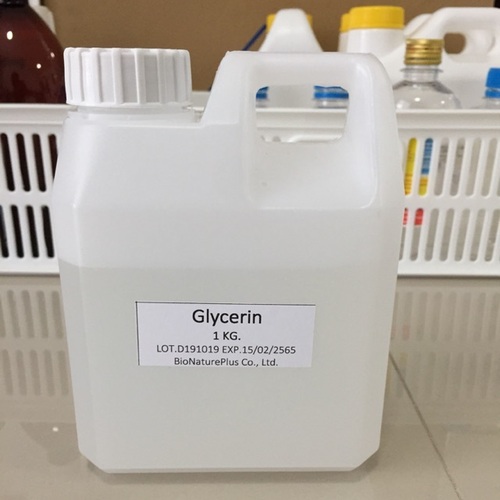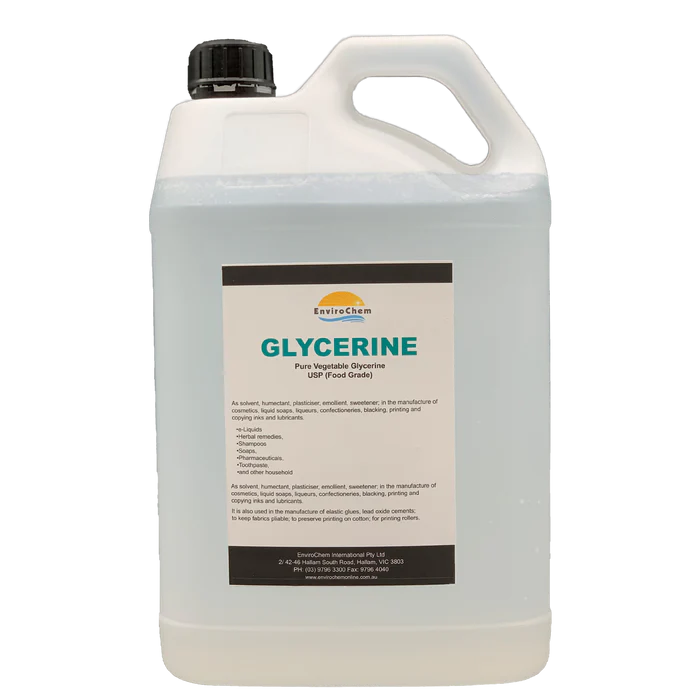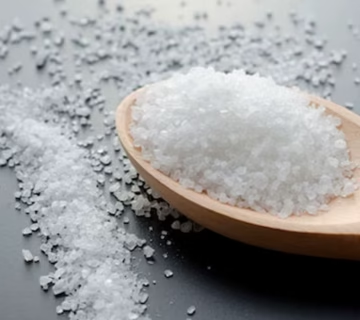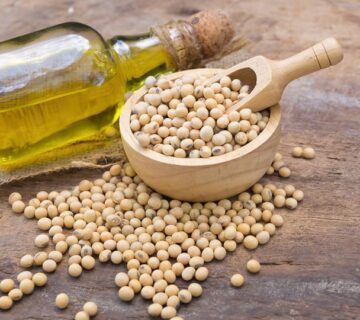In the fast-evolving world of soap and detergent manufacturing, the quality of raw materials determines the efficiency, consistency, and profitability of production. Industrial Glycerin, specifically formulated for soap and detergent applications, has become an essential ingredient for manufacturers seeking reliable bulk supply, consistent performance, and cost-effective operations.
At MT Royal, we have extensive experience supplying high-grade industrial glycerin to factories worldwide. Through years of collaboration, we have observed that integrating high-purity glycerin into production lines enhances product quality, improves yield, and reduces operational challenges. This comprehensive article provides insights into glycerin’s properties, industrial uses, sourcing strategies, and practical tips for large-scale production, helping manufacturers make informed decisions.
Understanding Industrial Glycerin
Industrial glycerin is a viscous, colorless, and hygroscopic liquid obtained from vegetable oils or animal fats. Unlike pharmaceutical or food-grade glycerin, soap and detergent grade glycerin is formulated for bulk industrial applications, where high solubility, stability, and cost-effectiveness are key.
Key Characteristics:
- Purity: Typically ≥98%, ensuring optimal performance in soap and detergent formulations.
- Hygroscopic nature: Absorbs moisture from the environment, which can aid certain processes in cleaning product manufacturing.
- Compatibility: Mixes seamlessly with caustic soda, surfactants, and other detergents.
- Viscosity: Medium-high, allowing easy handling and pumping in industrial setups.
- Cost efficiency: Optimized for bulk supply and large-scale production.
For manufacturers, using the right grade of industrial glycerin ensures uniform product quality, reduced batch variation, and stable foam and viscosity properties in final products.
Applications in Soap Manufacturing
1. Solid Soap Production
In solid soap bars, glycerin:
- Enhances moisture retention, preventing dryness and cracking.
- Improves texture and smoothness, leading to a premium feel.
- Acts as a plasticizer, reducing brittleness during molding and cutting processes.
2. Liquid Soap and Handwash
For liquid soaps, glycerin:
- Increases viscosity without compromising flowability.
- Provides humectant properties, keeping skin soft.
- Ensures uniform dispersion of surfactants and fragrances, preventing separation.
3. Specialty and Premium Soaps
High-purity industrial glycerin allows manufacturers to:
- Formulate transparent or glycerin-rich bars.
- Maintain consistent color and clarity.
- Extend shelf life by stabilizing moisture content.
Applications in Detergent Manufacturing
1. Laundry Detergents
Glycerin in detergent powders and liquids:
- Acts as a binder in compacted powders.
- Stabilizes surfactant blends, preventing separation.
- Enhances foam quality and longevity in wash cycles.
2. Dishwashing Liquids
- Improves viscosity and pourability.
- Prevents foam collapse during storage and use.
- Protects skin when used in handwashing formulas.
3. Industrial Cleaners
- Functions as a solvent and humectant for chemical formulations.
- Stabilizes high-alkali or high-pH systems.
- Ensures consistent performance in bulk production and transportation.
Common Sourcing Mistakes
We have observed several recurring issues in industrial glycerin procurement:
- Using low-quality grades: Some suppliers provide glycerin with impurities that can interfere with surfactant performance and soap clarity.
- Neglecting storage conditions: Glycerin absorbs water, which can affect viscosity and final product texture.
- Underestimating batch-to-batch consistency: Variations in glycerin quality can lead to inconsistent soap hardness, foam, or moisture content.
- Ignoring compliance documentation: Export markets require certificates ensuring glycerin meets industrial standards.
Addressing these mistakes ensures reliable production, consistent quality, and regulatory compliance.
Industrial Production Tips for Large-Scale Use
1. Storage and Handling
- Keep glycerin in airtight, corrosion-resistant drums or tanks.
- Maintain temperatures at 15–30°C to avoid viscosity fluctuations.
- Prevent contamination with other industrial chemicals.
2. Incorporation in Formulations
- Add glycerin gradually to surfactant mixtures to prevent separation or foaming issues.
- Test small batches before scaling up to avoid unexpected viscosity or texture issues.
- Monitor moisture content regularly to maintain product stability.
3. Quality Control
- Conduct purity, moisture, and pH tests routinely.
- Maintain batch records and certificates to ensure compliance with industrial quality standards.
- Verify supplier documentation for bulk shipments.
At MT Royal, we provide technical guidance and consistent supply to ensure glycerin integrates smoothly into your industrial manufacturing process.
Frequently Asked Questions (FAQs)
Q: Can industrial glycerin be used in cosmetic soap production?
A: Yes, but ensure the grade is compatible with skin-contact formulations. MT Royal provides guidance on suitability.
Q: How does glycerin affect soap clarity?
A: High-purity glycerin improves transparency in glycerin soaps and prevents cloudiness in liquid formulations.
Q: Is glycerin compatible with all detergent surfactants?
A: Generally yes, but certain anionic or high-alkaline surfactants may require testing to optimize performance.
Q: What certifications are required for export-grade industrial glycerin?
A: Certificates confirming industrial-grade purity, compliance with local chemical regulations, and transport safety are essential. MT Royal provides all necessary documentation.
Comparative Advantages
| Feature | Industrial Glycerin | Food/USP Glycerin | Synthetic Humectants |
|---|---|---|---|
| Purity | ≥98% | ≥99.5% | Variable |
| Moisture Retention | High | Excellent | Medium |
| Foam Stability | Excellent | Low | Medium |
| Bulk Supply Cost Efficiency | Optimal | Higher | Moderate |
| Large-Scale Production Suitability | Excellent | Moderate | Limited |
Industrial Case Studies
- A bulk soap manufacturer increased bar uniformity and reduced cracking using MT Royal glycerin.
- Detergent producers achieved stable foam and consistent viscosity during high-volume production runs.
- Specialty soap producers formulated transparent glycerin-rich bars with consistent color and clarity.
These examples demonstrate how high-quality industrial glycerin directly enhances production efficiency, product consistency, and customer satisfaction.
Strategic Considerations for Manufacturers
For manufacturers producing soap and detergents at scale, industrial glycerin offers:
- Scalable integration into bulk production lines
- Reliable supply chains to avoid production interruptions
- Regulatory and quality compliance for domestic and international markets
- Cost savings through reduced product defects and improved process efficiency
Partnering with MT Royal ensures that your factory benefits from trusted supply, expert guidance, and consistent technical support, helping you maintain competitive advantage in global markets.
Conclusion
Industrial Glycerin – Soap and Detergent Grade is a critical, versatile, and reliable ingredient for bulk manufacturers. Its moisturizing, stabilizing, and solubilizing properties enhance soap and detergent performance, ensuring consistent quality, long shelf life, and operational efficiency.
We at MT Royal have seen how sourcing high-quality glycerin improves production consistency, reduces formulation errors, and strengthens market competitiveness. Choosing MT Royal as your supplier ensures reliable supply, regulatory compliance, and expert support, making industrial glycerin a cornerstone of modern soap and detergent manufacturing.







No comment